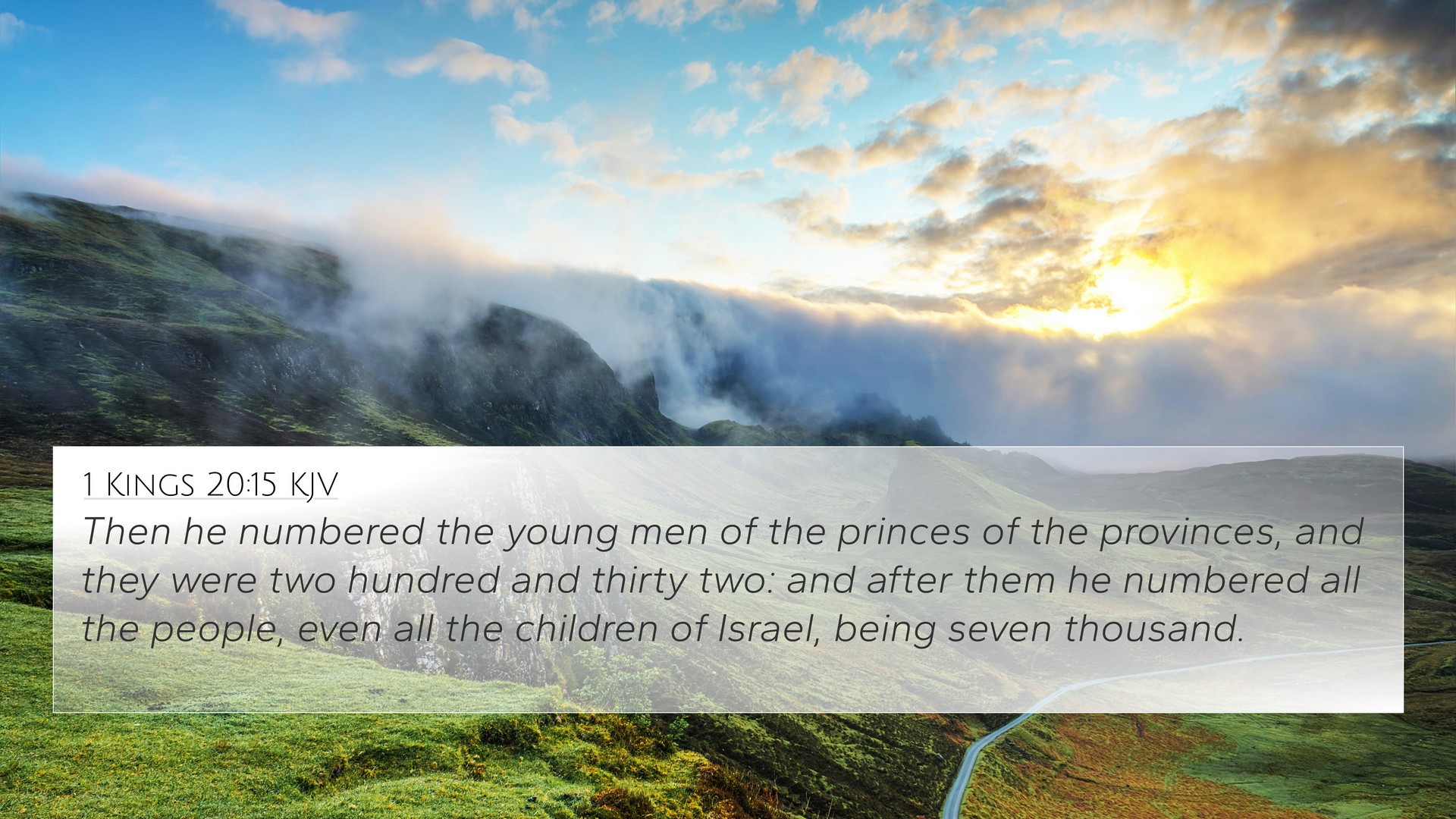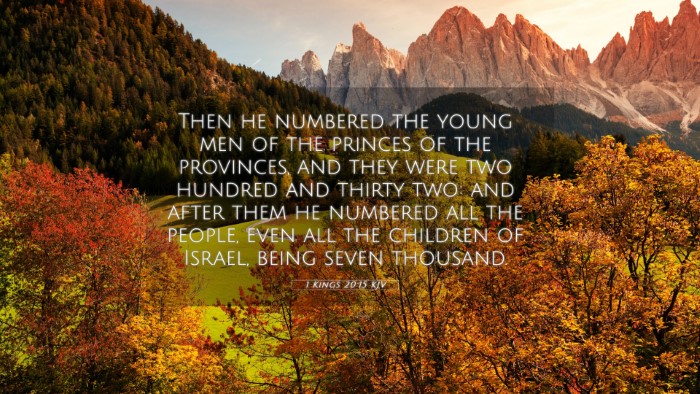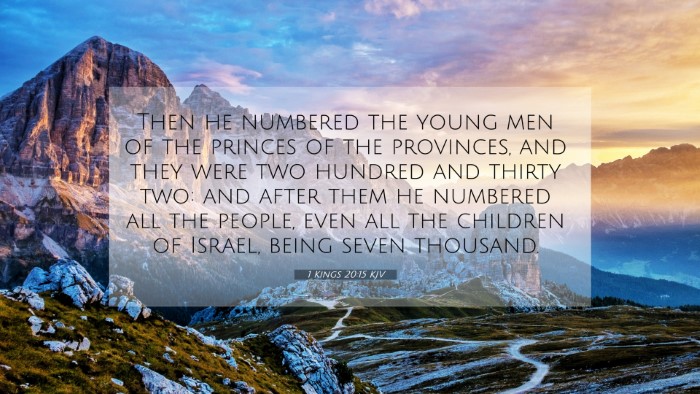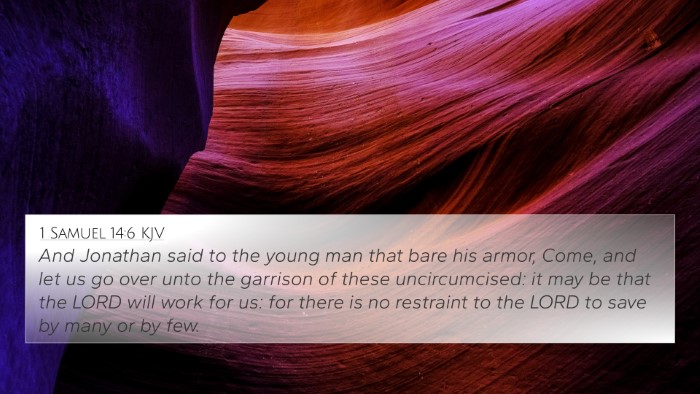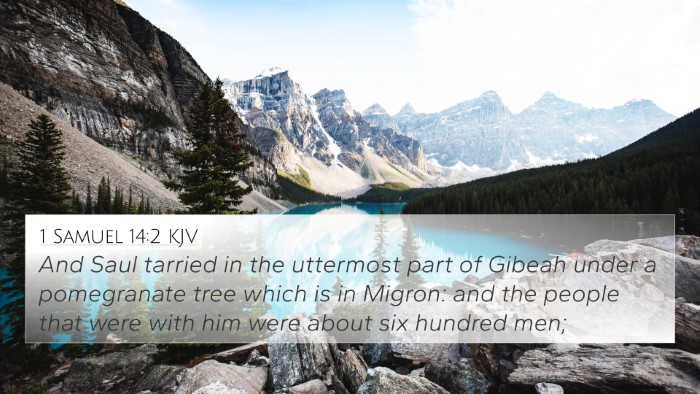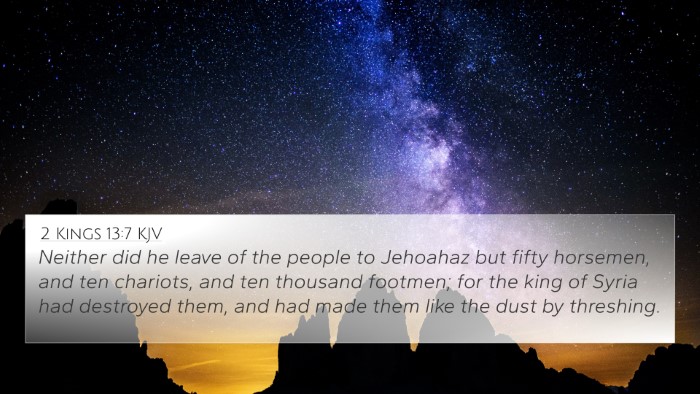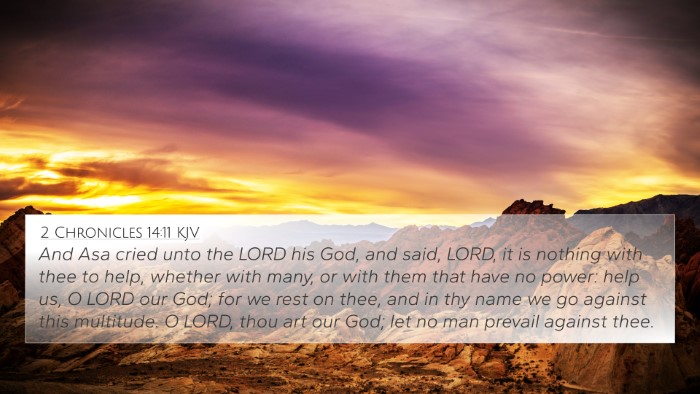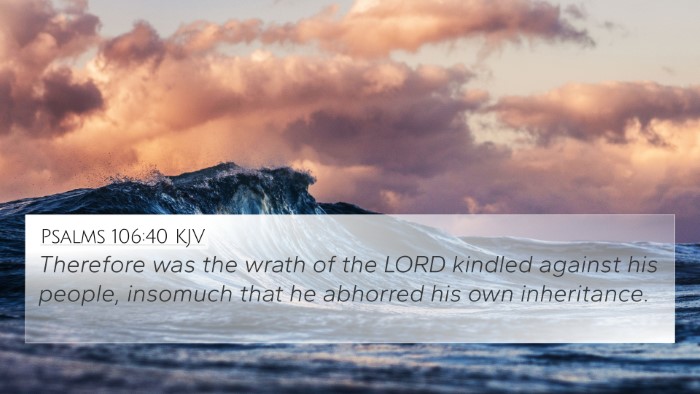Understanding 1 Kings 20:15: A Comprehensive Analysis
The verse 1 Kings 20:15 states, "Then he mustered the young men of the princes of the provinces, and they were two hundred and thirty-two. And after them he mustered all the people of Israel, seven thousand." This passage provides insight into the military preparations of King Ahab as he prepares for conflict. Below, we explore various interpretations and teachings derived from this verse, drawing from renowned public domain commentaries such as those of Matthew Henry, Albert Barnes, and Adam Clarke.
Contextual Background
The historical context of this verse is crucial for understanding its meaning. Often people seek Bible verse interpretations and Bible verse explanations that incorporate historical frameworks. Here we find King Ahab facing Ben-Hadad of Syria who has declared war on Israel. Ahab’s response reveals much about his character as a leader and his reliance on both human strength and divine guidance, which is a common theme throughout the books of Kings.
Commentary Insights
-
Matthew Henry's Commentary
Henry emphasizes the importance of preparation in the face of adversity. Ahab's call for troops demonstrates his attempt to rally Israel to confront their enemies. The small number of 7,000 suggests a lack of resources, yet it also reflects God's unwavering support for His people even when they are outnumbered.
-
Albert Barnes' Notes on the Bible
Barnes explains the strategic significance of Ahab's military muster, noting that it serves as an indication of the gravity of the situation. The structured response of gathering troops signifies a momentous occasion for Israel's future, and highlights the necessity of God’s presence in their military endeavors.
-
Adam Clarke's Commentary
Clarke comments on the apparent weakness of Ahab’s position as he relies on a relatively small army. He connects this situation to the greater narrative of God’s faithfulness, suggesting that even in adversity, divine assistance remains plentiful for those who call upon Him.
Biblical Cross-References
This verse exemplifies interconnectedness within the scripture, which can be explored through Bible verse cross-references. Below are key related passages that provide additional context and depth to 1 Kings 20:15:
- 1 Kings 19:18 - God assures Elijah of the remnant in Israel, parallel to Ahab’s 7,000.
- 2 Chronicles 18:1-34 - Ahab’s military alliances and their outcomes, highlighting Israel’s struggles.
- Isaiah 37:4 - An instance of divine intervention during a siege illustrates God’s might even against overwhelming odds.
- Jeremiah 31:7 - Assurance to the descendants of Jacob emphasizes God’s commitment to His people.
- Romans 8:31 - "If God is for us, who can be against us?"—a timeless reminder of divine support.
- 2 Kings 3:14 - The presence of Elisha and prophetic guidance indicates the role of spiritual authority.
- Psalm 33:16-17 - It is not the multitude of an army but the strength of the Lord that prevails in battle.
Thematic Connections
In this study, we recognize thematic Bible verse connections, where 1 Kings 20:15 speaks of military might and the reassurance of God’s support. This encapsulates a broader theme of reliance on divine strength which can be traced throughout the biblical narrative.
Inter-Biblical Dialogue
Exploring the inter-Biblical dialogue presented through the connections among passages enhances our understanding of Ahab's situation as not just historical, but theologically profound. Ahab’s reliance on a small force reveals the inconsistency of human strength against divine power, reminiscent of David facing Goliath (1 Samuel 17) or the disciples commissioned in Matthew 28:19-20.
Tools for Bible Cross-Referencing
For readers interested in cross-referencing Biblical texts, employing resources such as a Bible concordance or Bible cross-reference guide can provide further insight into connections across the scripture. These tools facilitate a deeper understanding of the links between various accounts and their thematic implications.
Conclusion
1 Kings 20:15 serves as a pivotal verse in the narrative of Israel's history, highlighting the delicate balance between human initiative and reliance on God. Through careful comparative Bible verse analysis, we uncover profound truths about God’s faithfulness in times of trouble, encouraging believers to seek strength beyond their own. With a firm foundation in scripture and the aid of comprehensive resources, exploring these connections becomes an enriching journey.
